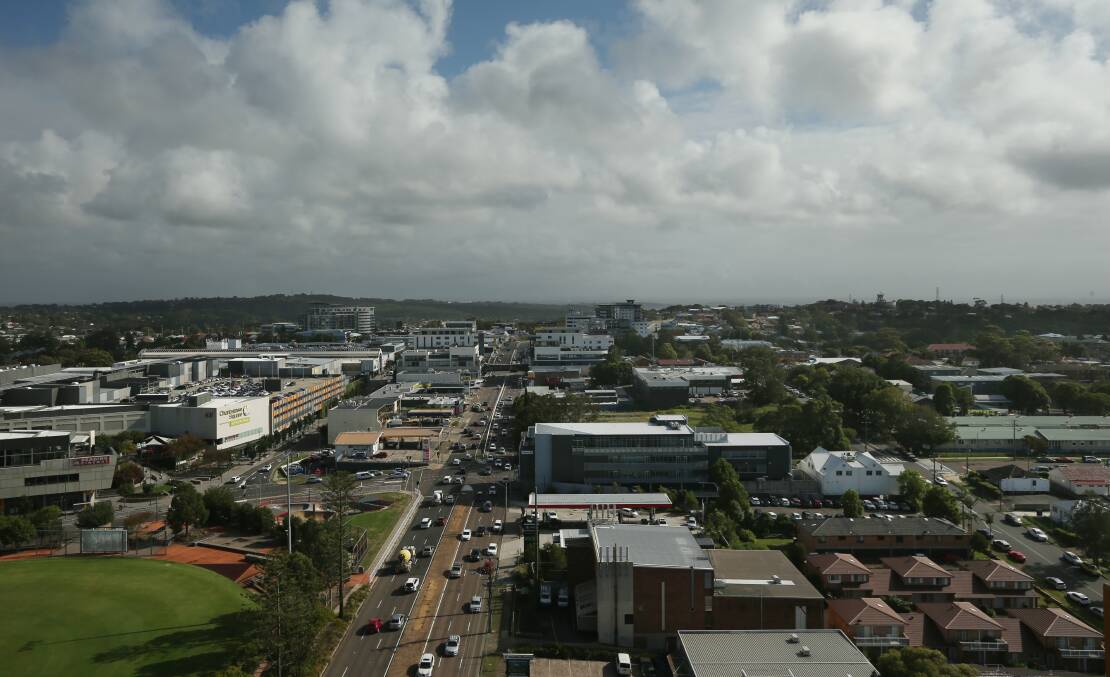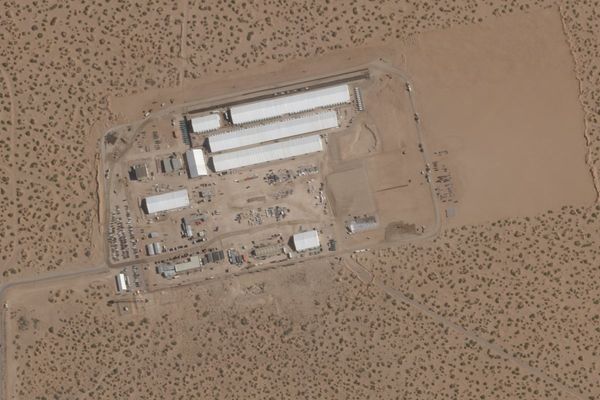
COUNCIL has homed in on the housing crisis, turning the key on a plan to unlock infill developments across Lake Macquarie and minimise urban sprawl.
Changes to the council's planning controls were approved on Monday, which are expected to open the door to housing diversity across 27 suburbs.
The city is in desperate need of more housing options, and more housing in general, Labor Cr Adam Shultz said.
"We have an ageing population, this has the potential to allow people to downsize and stay in their suburb or locality close to their friends," he said.
"At the moment in Lake Macquarie we need more diversity in housing, 85 per cent of our houses here are single, detached dwellings.
"It potentially reduces the need for additional greenfield development and the clearing of bushland."
The plan will allow people to build smaller homes, which the council believes will offer more choice to locals and improve affordability.
In medium density residential zones and some business zones close to CBDs, the current ten metre height limit will be raised to enable three-storey developments.
While in Charlestown, Windale and Toronto four to five-storey residential builds are allowed.
It was approved with one amendment, to exclude land south of Main Road and north of Brush Creek between Thomas Street, Edgeworth and Fredrick Street, Glendale.
Labor Cr Brian Adamthwaite said that in a city as big and diverse as Lake Macquarie, the council needs to give residents choice.
"Infill is important to our city, we need to make sure there is housing stock for young people starting out and older people settling in," he said.
"It's taken us a number of years to get to this point, which sort of highlights the issue that we've been ahead of the pack.
"It's now the main discussion point for the state government and other local councils, but we've been talking about this for a number of years, not only talking but engaging the community, creating this document, we've work-shopped it, improved and and brought it to this point where we have a finished product to move forward."
Dual occupancies will be allowed in some areas and exceptions will be made to minimum lot sizes for some developments to facilitate subdivision supported by 'sound design' below 200 square metres.
Boundaries of some medium density residential zones will be expanded to "better support town centres in a sensitive, practical way".
It would also allow for attached dwellings, multi-dwelling housing and flats in low-density residential zones.
The idea first came to the council in 2021, where it received 304 public submissions, 241 of which opposed the proposal or elements of it.
Independent Cr Colin Grigg pointed out that just 4.6 per cent of respondents were in support of the proposal.
"The proposal refers to the housing crisis that we have and I think it's something that desperately needs addressing," he said.
Cr Grigg raised concerns about immigration, which he said the country "cannot cope" with.
"What is our government's obsession with immigration? Why is immigration so urgent for us especially when we don't have the means or affordable housing for our very own population right now?
"I'm not against this proposal on its own, I'm just very concerned about the population increase.
"I just don't know how we're going to cope and it's becoming a real concern for me."
Mayor Kay Fraser said that the proposal wasn't linked to immigration but was about improving housing density around city centres.
Last year, the council got a letter from Minister for Planning and Public Spaces Paul Scully urging it to look at its policy settings to see how it could grow the number of homes in the city.
CoreLogic data from September 2023 revealed the number of new builds have fallen, building costs have risen and vacancy rates sit at around one per cent across the city, all while rental and housing prices continue to climb.
A decision on the strategy was pushed back at a February meeting for councillors to hold a workshop to discuss it.







